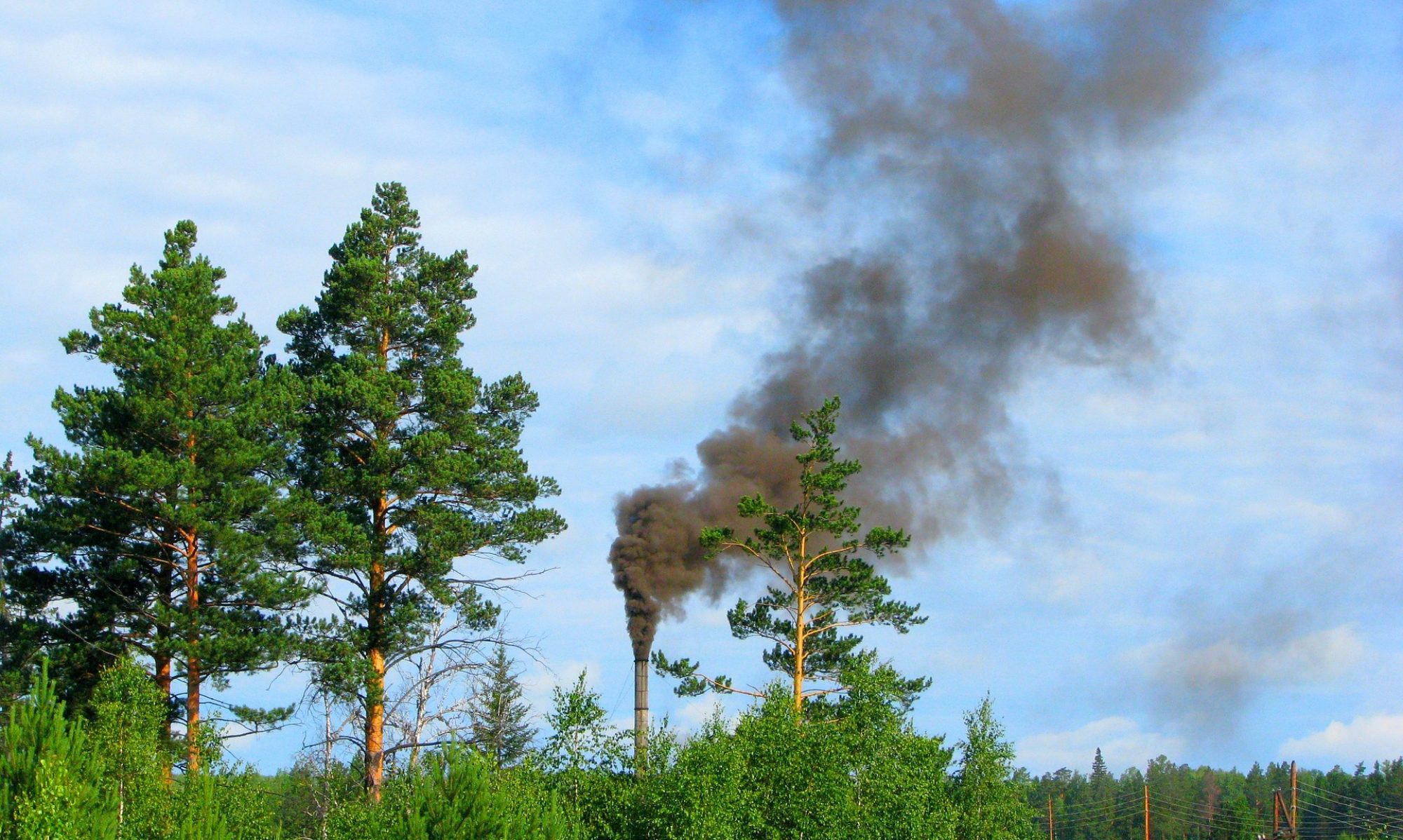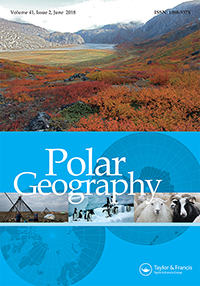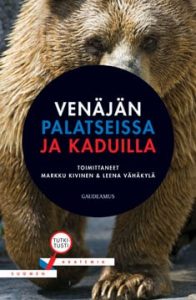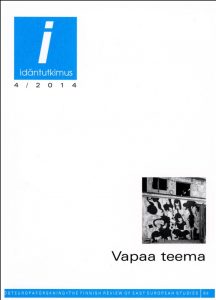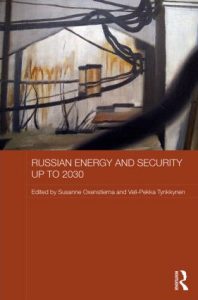Research recommendations on responsible development of the Arctic region
There are many ways to boost Finland’s Arctic expertise and opportunities for influence in international Arctic operations. The MERMAID project, coordinated by the Finnish Meteorological Institute, focused in particular on developing the maritime cluster and the tourism sector. The project’s final report was published on 7 March in the publication series of government analysis, assessment and research activities.
The report was commissioned with Finland’s Chairmanship of the Arctic Council in mind, which starts at the beginning of 2017. The final report includes recommendations and proposed action to strengthen Finland s Arctic expertise. It also analyses the role of Russia in the Arctic region.
The future of the Arctic region up to 2035 was examined by means of three different scenarios of the future. In the scenarios, the most important factors shaping the region were climate change and its impact on the conditions in the region, the geopolitical situation and the advancement of arctic technology. The report also took the global economy and global fossil fuel markets into account. The measures proposed in the report make it possible to develop the Arctic region responsibly and take all parties into consideration.
The recommendations for promoting the general development of the Arctic region range from climate change considerations to improving the status of the Sami to enhancing the management of research, business, investment and catastrophies.
– The unique environnment and culture of the Arctic region, for instance, which are under pressure from globalisation and climate change, must be safeguarded in the future. We must also make sure the region thrives. To this end, together with all parties we need to formulate a national vision on the future of the Arctic region and clear rules of play in the region that take everyone into account, observes Karoliina Pilli-Sihvola, researcher at the Finnish Meteorological Institute.
Read more information about the report here.


